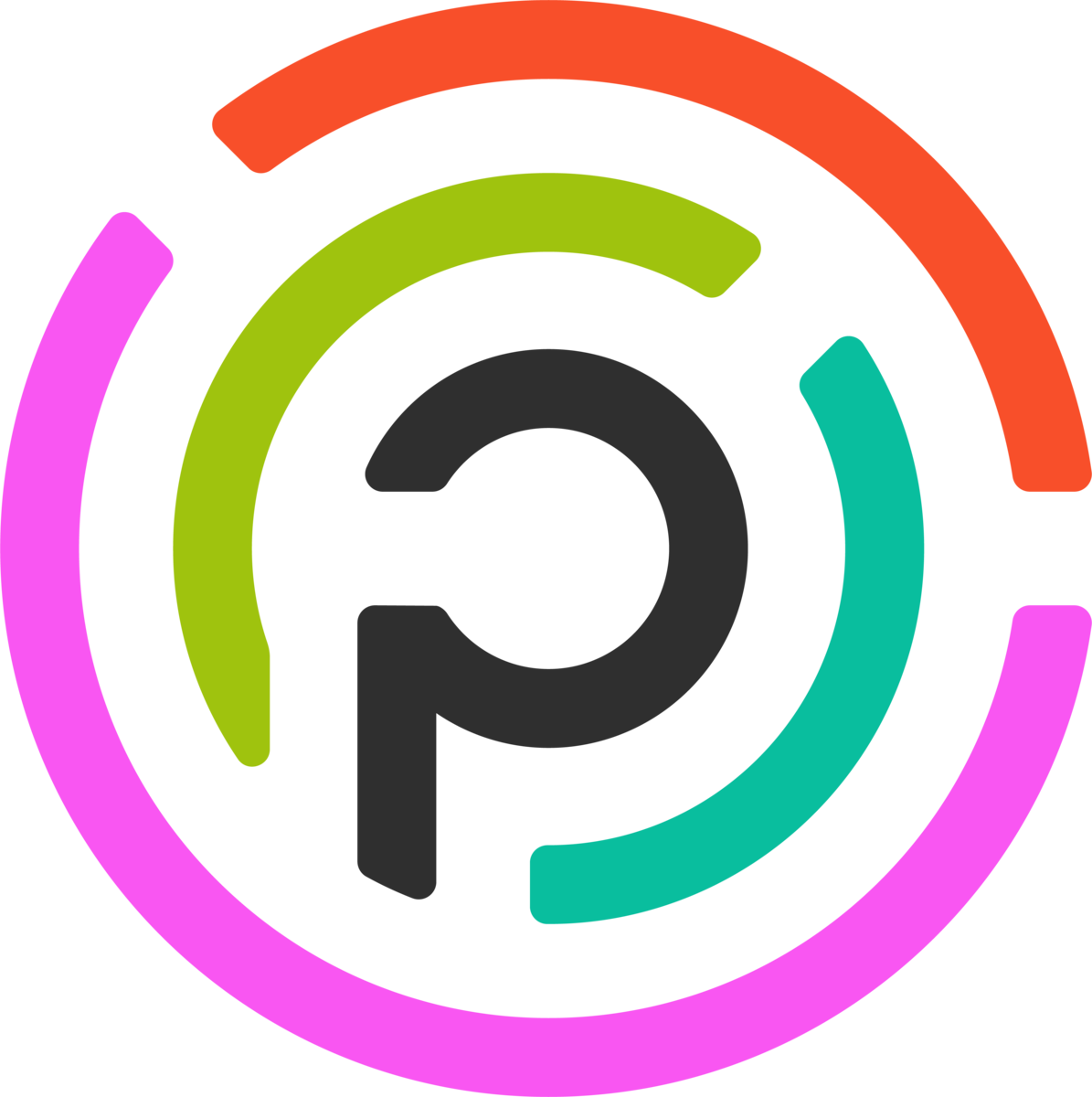
Prequel program director Katarina Smith shared this interesting video with the team.
It shows a custom AI mentor being developed in a matter of minutes.
The creator is using Open AI’s new building tool — no coding skills required!
Here’s a challenge for those who want to dive deeper:
Build an AI mentor using your parenting style
Test some scenarios
Respond to this email with the results
I’ll feature any interesting findings!
In today’s issue:
1. Tactical Tuesday: Which is more important — quality or quantity? The answer might surprise you.
2. Something to inspire you: A masterclass in handling life’s curveballs.
3. Ivy’s takeaway: When you focus on the work, the outcomes are better.

If you want your kid to achieve big things, teach them how to do little things
If you’re reading this newsletter, odds are you want your kid to achieve big things.
But to do something big, they need to first do something small — and repeat it daily, over a long period of time.
Let me explain…
The book Art & Fear by David Bayles and Ted Orland describes a ceramics teacher who divided his class into two groups:
👉 Group one would be graded solely on the quantity of work they produced.
👉 Group two would be graded on the quality of work they produced.
What do you think happened?

In other words, the best results came from the group who put in the most reps.
The more reps, the better.
The group that was graded for quantity spent the semester churning out piles of work — and learned as they went along.
Meanwhile, the group that was graded on quality sat on their hands, theorizing about perfection.
Turns out, theory’s got nothing on practical knowledge.
The more your kids can log reps of whatever they want to be good at, the better.
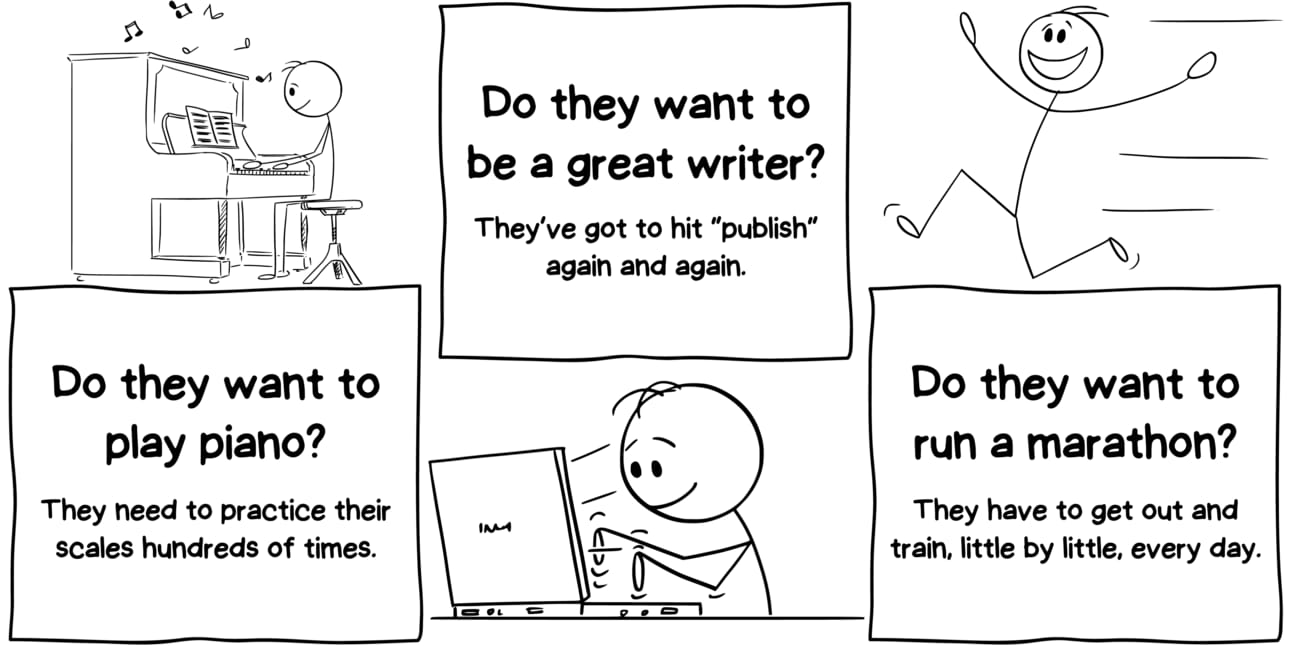
So how do we help our kids embrace quantity over quality?
Break it down now, y’all.
Take your kid’s big end goal — winning an Oscar, going pro in soccer, or inventing the next life-saving medical device — and break it down into actionable steps.
And we mean tiny steps.
This is what New York Times journalist Tim Herrera calls the magic of micro-progress:
“Rather than looking at tasks, projects, or decisions as items that must be completed, slice them into the smallest possible units of progress, then knock them out one at a time.”
❌ That means your kid’s first step shouldn’t be to write the perfect essay intro.
✅ Instead, suggests Tim, it should be to open a new Google Doc.
The key: there should be no confusion about whether your kid successfully has done their task. They either did, or they didn’t.
That’s because when you aim for quality over quantity, nothing will ever really be “done”.
And as Tim says, “done” is always better than “perfect”.
So instead of shooting for perfection, challenge your kids to shoot for micro-progress.
The more they repeat those tiny, actionable steps, the more likely they’ll be to stumble upon happy accidents and learn as they go.
And that is way better than getting it perfect from the jump.

Life (literally) knocked this teen down — here's how she turned it around
A few months ago, I welcomed Kristin Egan, a lifelong entrepreneur, to the Prequel team.
The first thing we found in common was our shared experience as competitive figure skaters. ⛸️
We both:
Woke up at ungodly hours to train.
Struggled with the pressure to perform.
Credit skating with many important life lessons.
But Kristin’s story has a heck of a twist. 👇
The golden years 🌈
Kristin began skating at 6 years old, and fell in love with a predictable cycle.
Before she even reached her teens, she had unconsciously mastered the process of:

Kristin found herself excelling beyond everyone’s expectations. Soon, figure skating was no longer just a sport to her — it was her entire life.
Then, everything changed.
The crash 💥
Kristin was 13 years old and preparing for the first national qualifying competition of the season.
One morning in practice, she took a devastating fall.
She immediately knew something was wrong.
“I fell all the time, but this was a pain unlike anything I had ever experienced,” Kristin said.
But the music was still playing, her coach was yelling at her to keep going, and she thought, “I’ve prepared for this.”
So she got up and skated through the pain. Unlike past injuries, this pain didn’t subside. 😞
Regardless, two weeks later, she was on a plane to Pittsburgh to compete.
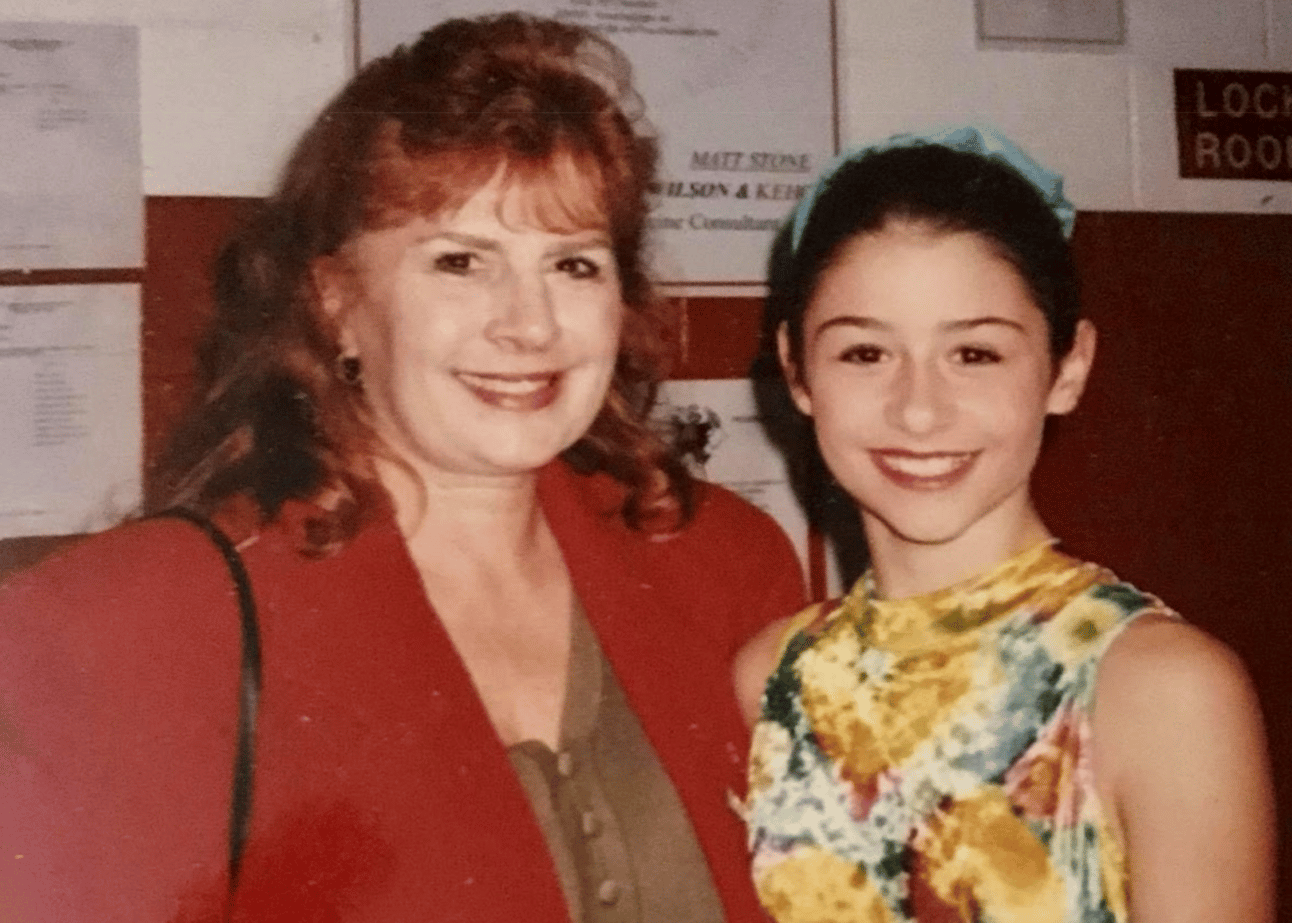
Smiling through the pain with her supportive coach.
Upon returning home, Kristin was sent straight to the doctor, and the diagnosis was shocking.
The doctor couldn’t even believe she was walking. 🤯
“They wanted to put me in a wheelchair, and I was like, ‘um, I just skated two programs at Regionals, I don’t think I need one’”, she chuckled.
Then came the worst news — she would have to stay off skates for a year.
Complications kept recurring, and Kristin ended up retiring from competitive skating at the ripe age of 16.
“Pivot” takes on a new meaning 🌀
Even while she was injured, Kristin couldn’t stay away from the rink.
She learned about the refrigeration plant that kept the ice frozen, the risk management procedures that kept people safe, and the business practices that earned just enough money to pay the exorbitant power bills.
🤔 This enabled Kristin to pursue a different kind of ice skating career.
She became an expert in the design, construction, and operations of world-class ice venues.
Soon, Kristin found herself traveling the world to work on incredible projects, such as the largest ice area in the Southern hemisphere. 👇
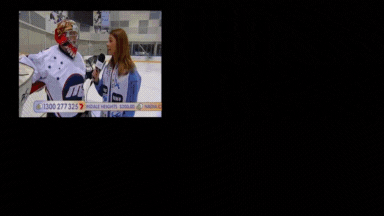
Kristin was the “face” of the arena when it launched in Australia in 2010.
In the US, Kristin’s company led the development of NYC’s first ever rooftop ice rink, and the restoration of the most iconic ice rink in the world. 🌎
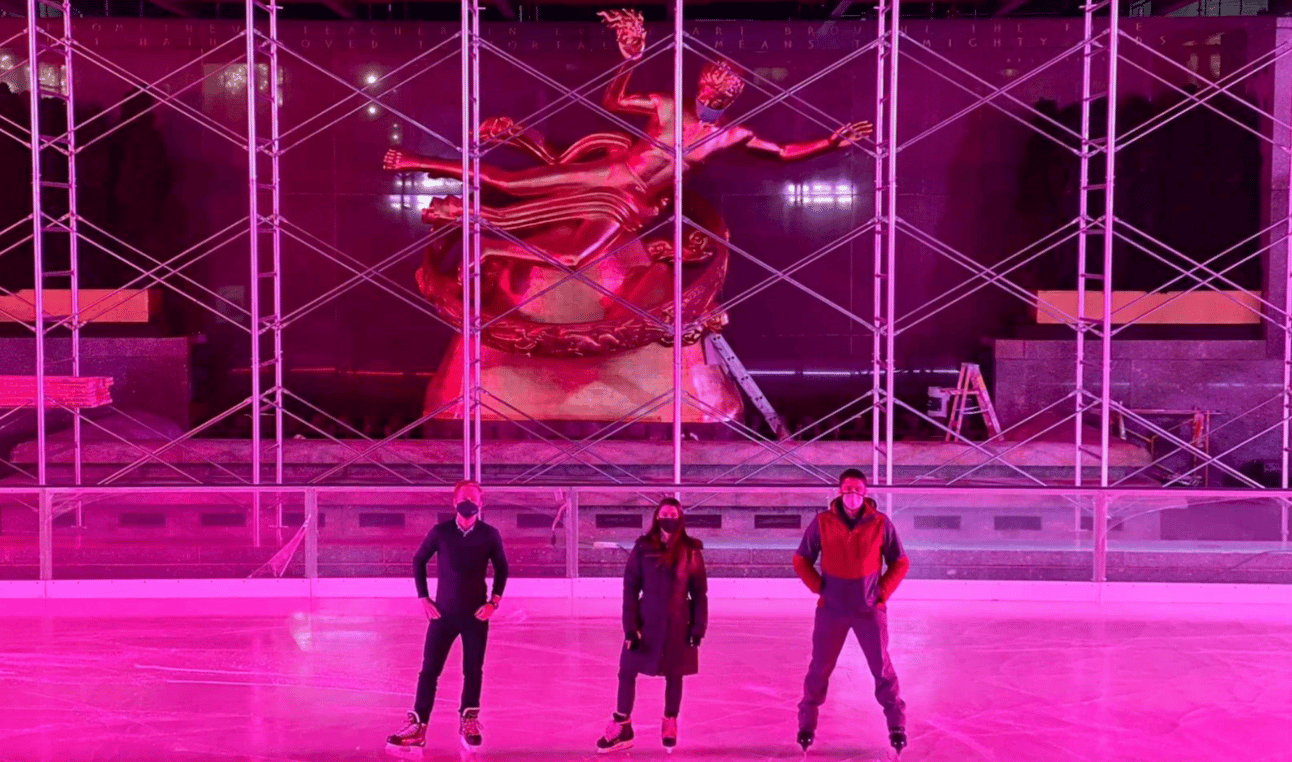
Kristin’s team ensured skating happened safely at Rockefeller Center during the peak of COVID, as it had every winter since 1936.
Kristin’s successful ice rink development firm attracted the attention of Harvard University’s prestigious executive real estate program, and her unique background sealed the deal with admissions. 👊
Her career has now evolved from the narrow niche of ice rinks, and she’s launched businesses across many other areas of real estate, tech, and media. 👏
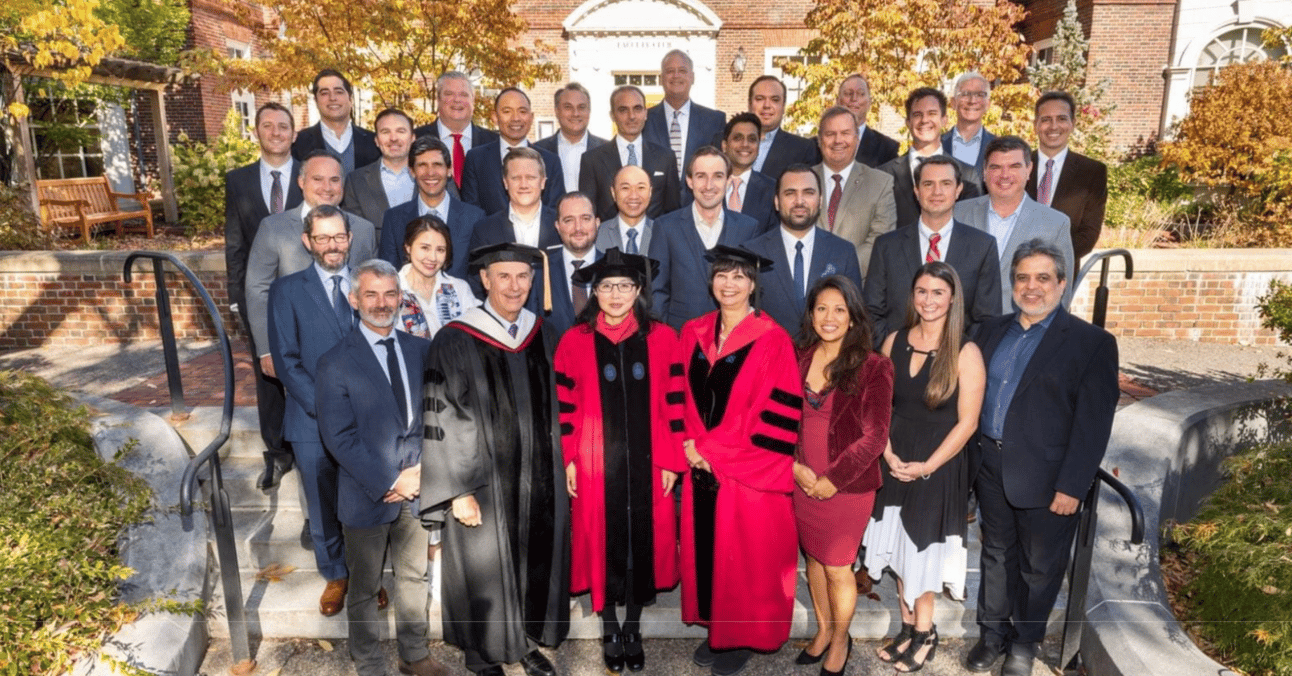
Aside from being the youngest graduate, Kristin is also a featured alumna of her Harvard program.
Kristin often thinks back to the injury that changed the trajectory of her life.
“If I hadn’t gotten injured, I may have ended up a great figure skater, but I wouldn’t have had such a diverse and exciting career,” she told me.
“Figure skating gave me resilience, but that injury gave me a reason to use it.”

You just gotta do the work
I love Kristin’s analysis of figure skating being all about the process of “preparation, execution, review”. That was definitely my experience, too.
But here’s the thing — we didn’t even realize that this was what we were mastering until years later.
That’s the brilliance of unconscious learning, and why “reps” are so important.
Take the example of the ceramics class…
The students who were being graded on “quantity” weren’t in their heads trying to conceptualize a masterpiece. They had their hands in the clay, churning out piece after piece after piece.
And in the end, that work led to masterpieces far more beautiful than anything they could have dreamed up.
The lesson? Just do the work.
Until next time,
Ivy
Follow my journey on LinkedIn
